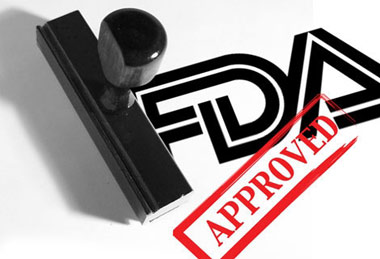Exporters had a great last year and 2015 is all set to be even better. With President Obama announcing the ‘Made in Rural America’ initiative, rural businesses can now provide an increased number of goods and services. The countries within the Trans-Pacific Partnership (TPP) and Transatlantic Trade and Investment Partnership (TTIP) receive a majority of US export goods.
Exporters and manufacturers are presented with a golden opportunity; the world is open to American made products. However, in order to avoid costly delays in custom clearance, export certifications are a must. Export certificates are issued by the FDA and help assure importing governments or customers that the product meets with U.S. manufacturing regulations, such as Current Good Manufacturing Practices (cGMP) by documenting the regulatory and marketing status of particular products.
The FDA issues certification for gelatin from bovine, ovine and caprine origin, pharmaceuticals, and elements for non-clinical research as well as for human drugs, biologics, animal drugs etc. FDA issues the Certificate of Free Sale (Certificate of Export for Seafood) for food that is marketable in the U.S., including dietary supplements, and cosmetic products.
For biologics, animal drugs, human drugs and devices which are unapproved or which are not to be legally sold and distributed in the U.S., the FDA may issue the ‘Certificate of Exportability’ if they meet the requirements of sections 801(e) or 802 of the Federal Food, Drug, and Cosmetic Act (the Act), 21 U.S.C. §§321-397.
In order to get the correct certificates, it’s vital to understand documentation requirements, the application process and the expectations of the FDA and the importing country.
How do you get the correct certificates?
The process starts long before filling out applications to get export certificates.
Manufacturers need to ensure they are compliant with current good manufacturing practices (cGMP) regulations and are listed or registered with the FDA. If the product is not exported from the US, exporters shouldn’t expect the FDA to issue an export certificate. If the manufacturer or the product is under FDA regulatory action, the FDA will not issue an export certificate.
Manufacturers and exporters must ensure a thorough understanding of the FDA’s requirements for exporting products, in terms of the correct documentation and regulatory requirements for issuance of export certificates. Understanding customs requirements in the US as well as in importing countries will ensure a seamless, uninterrupted supply chain process and significant cost savings.
An in-depth look at the requirements for exporting drugs, biologics, medical devices, diagnostics, food, and many other products is provided by expert Dr. Mukesh Kumar in this audio conference. He discusses practical steps in the export certificate issuance process and discusses US customs requirements of export documentation and FDA export product codes. He takes a look at the prior notice process and the role of US agents for exports. He offers practical guidance on handling the FDA’s refusal to issue export certificates.

